On May 11, Director-General of the World Health Organization (WHO) Tedros Adhanom Ghebreyesus cited a statement from the WHO Emergency Committee affirming that monkeypox is no longer a public health emergency of international concern (PHEIC), after nearly a year of this disease outbreak in many countries and forcing WHO to set the highest alert for monkeypox in July 2022.
“The monkeypox emergency committee has met and recommended to me that this outbreak in multiple countries no longer constitutes a public health emergency of international concern (PHEIC),” Tedros said.
According to data released by WHO, in the past three months, the number of new reported cases of monkeypox has decreased by nearly 90% compared to the previous three months.
"I am pleased to declare that monkeypox is no longer a global health emergency," the WHO chief said.
Last July, the monkeypox epidemic spread rapidly in many countries around the world , but Mr. Tedros said that at the moment, WHO is "very encouraged by the rapid response of countries. Now, we see steady progress in controlling the outbreak, based on the lessons of HIV and working closely with the most affected communities," - WHO Director-General affirmed.
In these arguments, Mr. Tedros welcomed the important work of community groups and public health agencies in informing people about the risks of monkeypox, encouraging and supporting people to change their behavior, and advocating for access to testing, vaccines and accessible treatments for those infected.
However, Tedros warned that, as with COVID-19, the end of the global health emergency does not mean the work is done. The virus continues to affect communities in all regions, including in Africa, where the infection is still poorly understood and poses serious public health challenges. That requires a strong, proactive and sustained response.
“While the monkeypox and COVID-19 emergencies have passed, the threat of both resurgence remains… Both viruses continue to circulate and continue to have the potential to claim human lives,” the WHO Director-General warned.
Since the outbreak last year, more than 87,000 cases and 140 deaths from monkeypox have been reported from 111 countries, according to WHO.
In July 2022, WHO declared the monkeypox outbreak a global health emergency, the highest level of alert the agency can issue for a disease.
The monkeypox virus can be spread through contact with body fluids, sores or items such as contaminated clothing and bedding. It can also be spread from person to person through droplets. Common symptoms in people with monkeypox include fever, chills, headache, lethargy, muscle and joint pain, fatigue, rashes and skin lesions. Cases of the virus are concentrated in men who have sex with men, especially those with multiple sexual partners./.



































































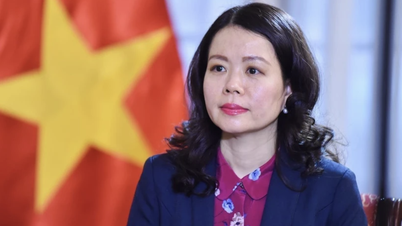










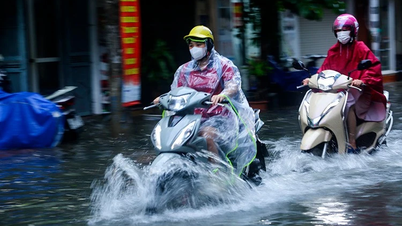



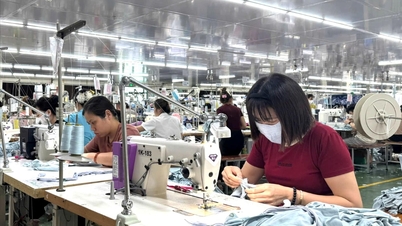













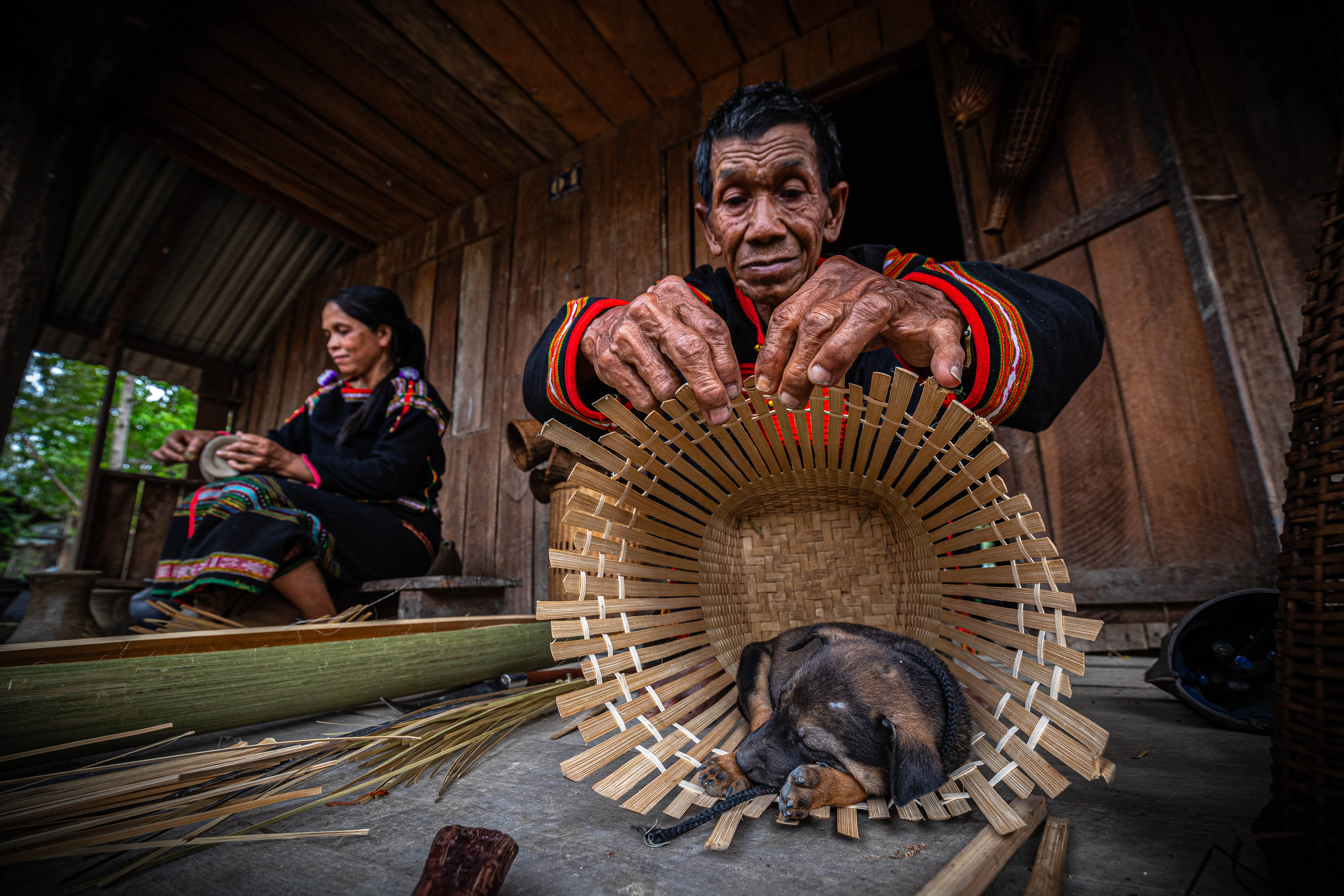
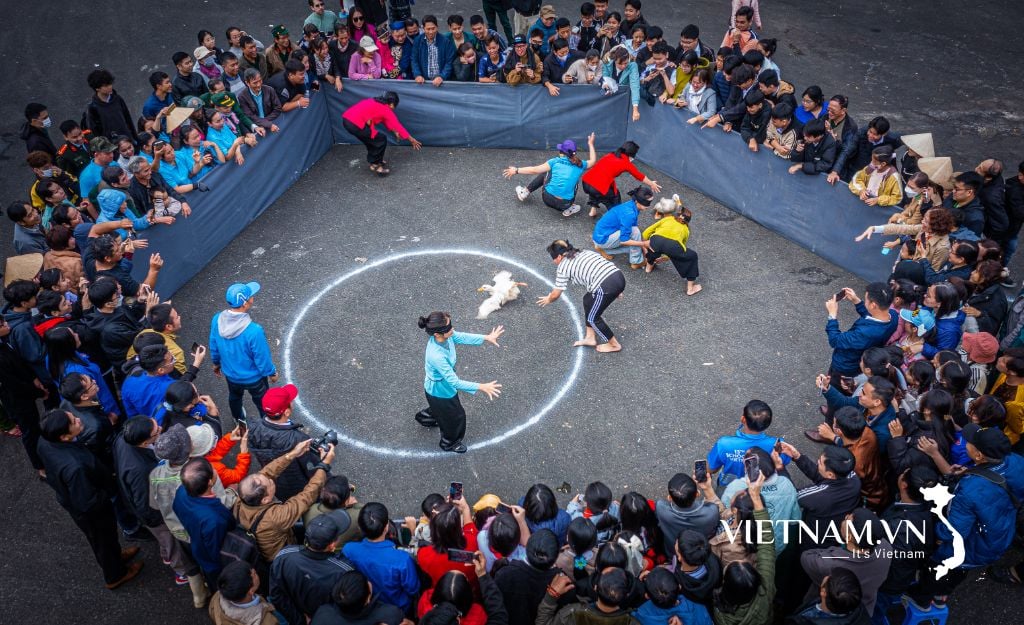


Comment (0)